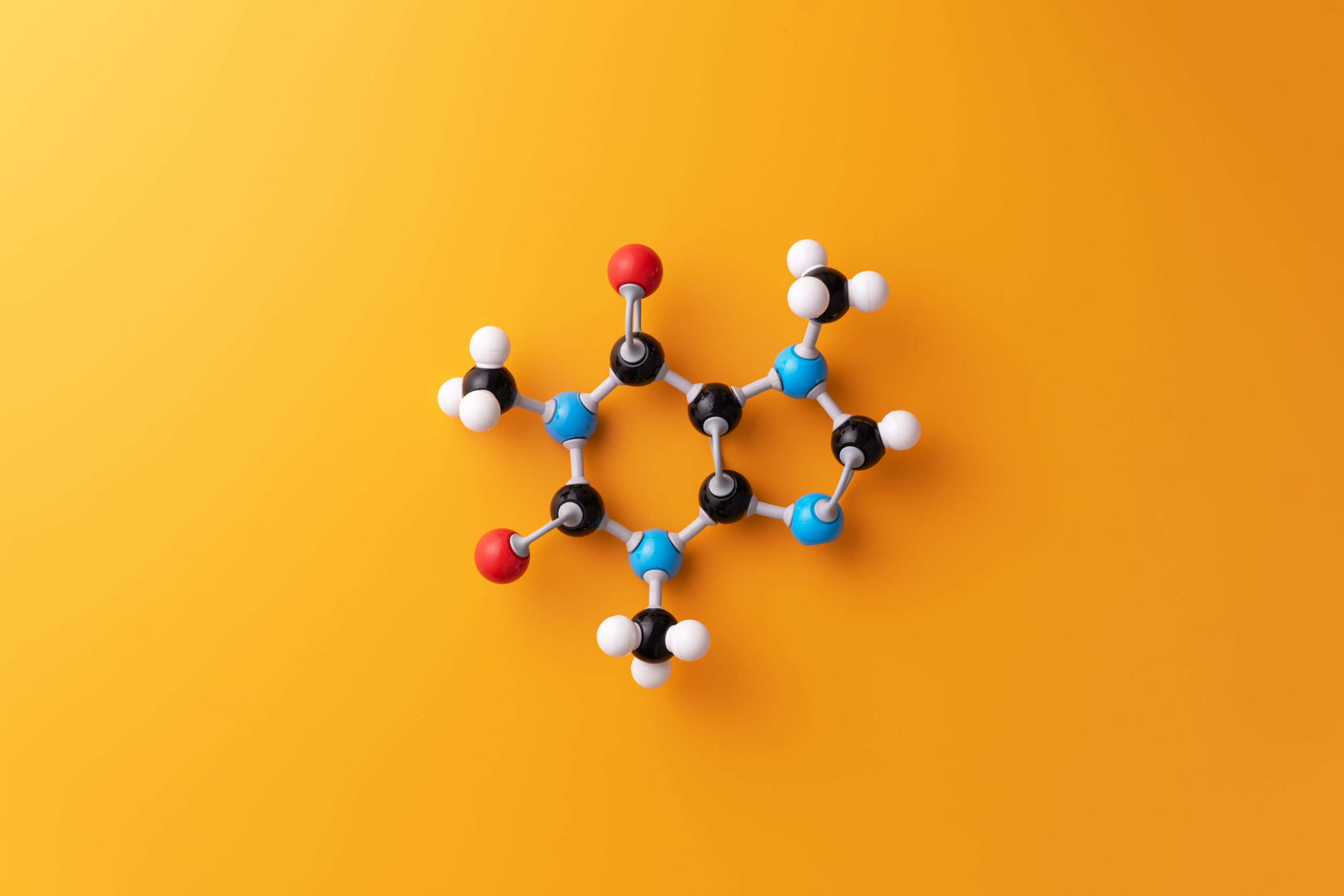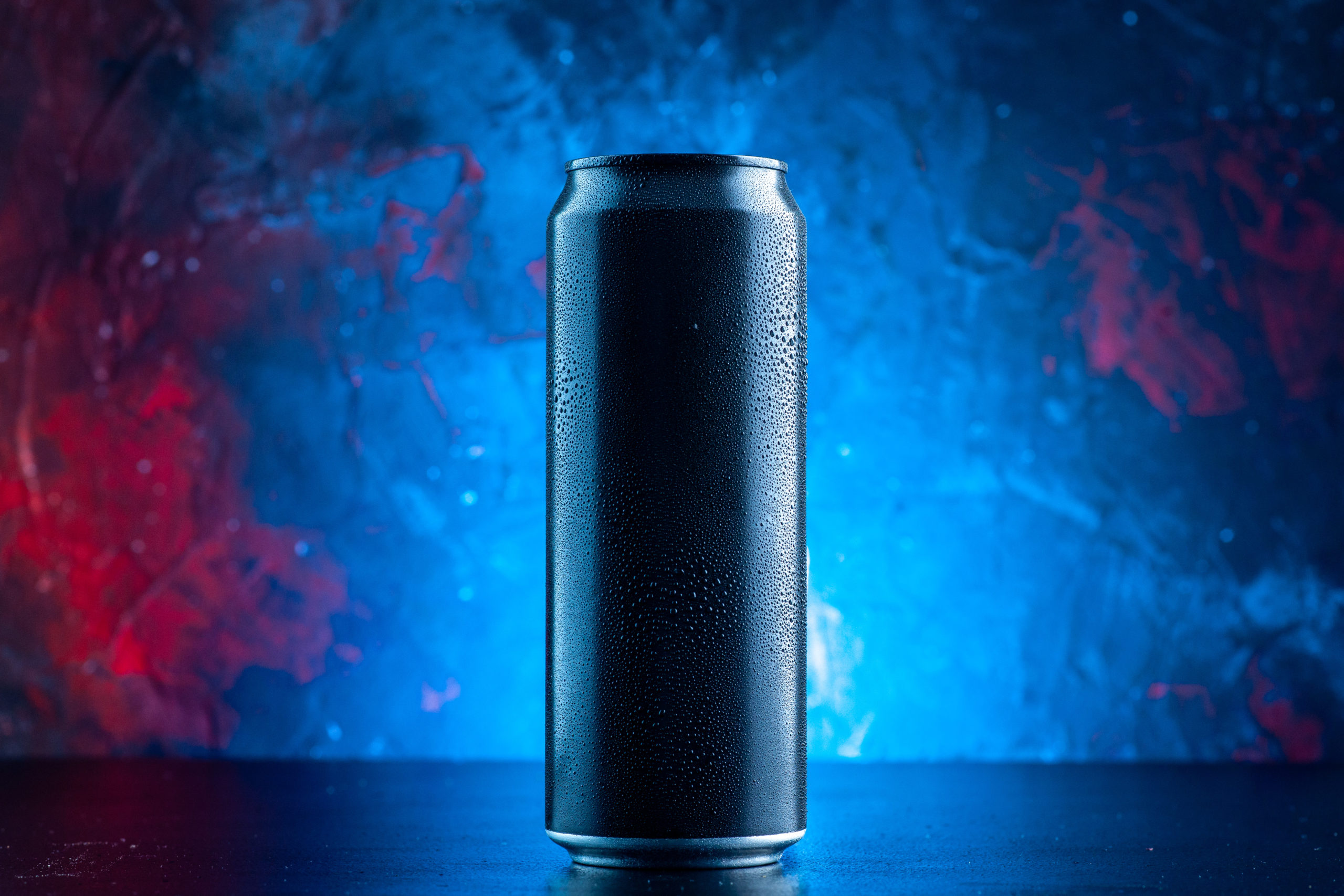
How Caffeine Helps Alertness and Brain Function
Caffeine is one of the most widely used stimulants in the world. It’s found naturally in foods and drinks, but it’s also added to many

Caffeine is one of the most widely used stimulants in the world. It’s found naturally in foods and drinks, but it’s also added to many

The world runs on caffeine. In the United States alone, 85% of adults consume caffeine regularly, but that habit often comes with a harsh environmental impact. The

The FDA claims the average adult should only consume about 400 milligrams or less of caffeine a day. What many people don’t realize is that energy drinks

Did you know that according to the American Psychological Association, around 15 million Americans currently work jobs with overnight shifts? Popular jobs that involve working night

Very few people fail to love coffee, and even fewer people completely forsake caffeine itself, since it’s present in so many other refreshing products. This


